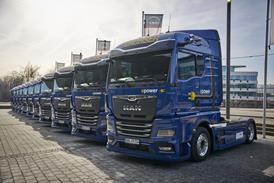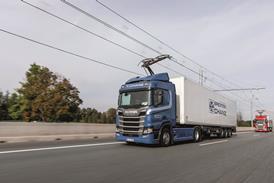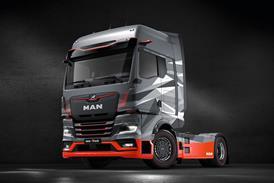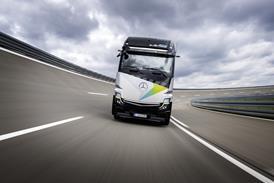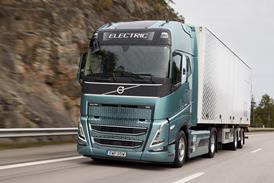- More from navigation items
- Home
- News
- Insights
- Viewpoint
- Data
- Sponsored
![Mercedes-Benz_eActros_600_(1)[1]](https://d2cohhpa0jt4tw.cloudfront.net/Pictures/274x183/8/1/8/17818_mercedesbenz_eactros_600_11_556244.jpg) The arrival of the recently launched eActros 600 tractor unit.Sponsored By Mercedes-Benz Trucks.
The arrival of the recently launched eActros 600 tractor unit.Sponsored By Mercedes-Benz Trucks. Sponsored: Optimize serves up the efficiency savings at Wimbledon
Sponsored: Optimize serves up the efficiency savings at Wimbledon The route to fleet decarbonisation as cost pressures intensifySponsored By Webfleet.
The route to fleet decarbonisation as cost pressures intensifySponsored By Webfleet.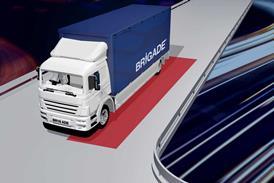 SM UK Ltd open third workshop in Dartford…as REVOLUTIONARY RADAR AI SIDESCAN is Launched!Sponsored By SMUK.
SM UK Ltd open third workshop in Dartford…as REVOLUTIONARY RADAR AI SIDESCAN is Launched!Sponsored By SMUK.
- Events
- Motor Transport
A year on, the EC publishes reasons for UPS and TNT decision
It has been over a year since the European Commission (EC) blocked the merger of UPS and TNT Express from taking place. However, the EC has only recently published the summary of its decision on the merger, which was met with strong opposition from UPS.
This article is for registered users only
Please login or create a FREE account to read the full article
Want to read more?
Register now for free to access the full article.
To access our great content on the Motor Transport website and to get a free copy of our weekly Executive Brief newsletter.
Once registered, you’ll get access to:
- In-depth breaking news every working day of the year
- All the best careers advice for you and your business
- Profiles of every winner at the Motor Transport Awards
- The richest set of road transport industry data in the UK
- You may also be eligible for a free print or digital copy of Motor Transport


